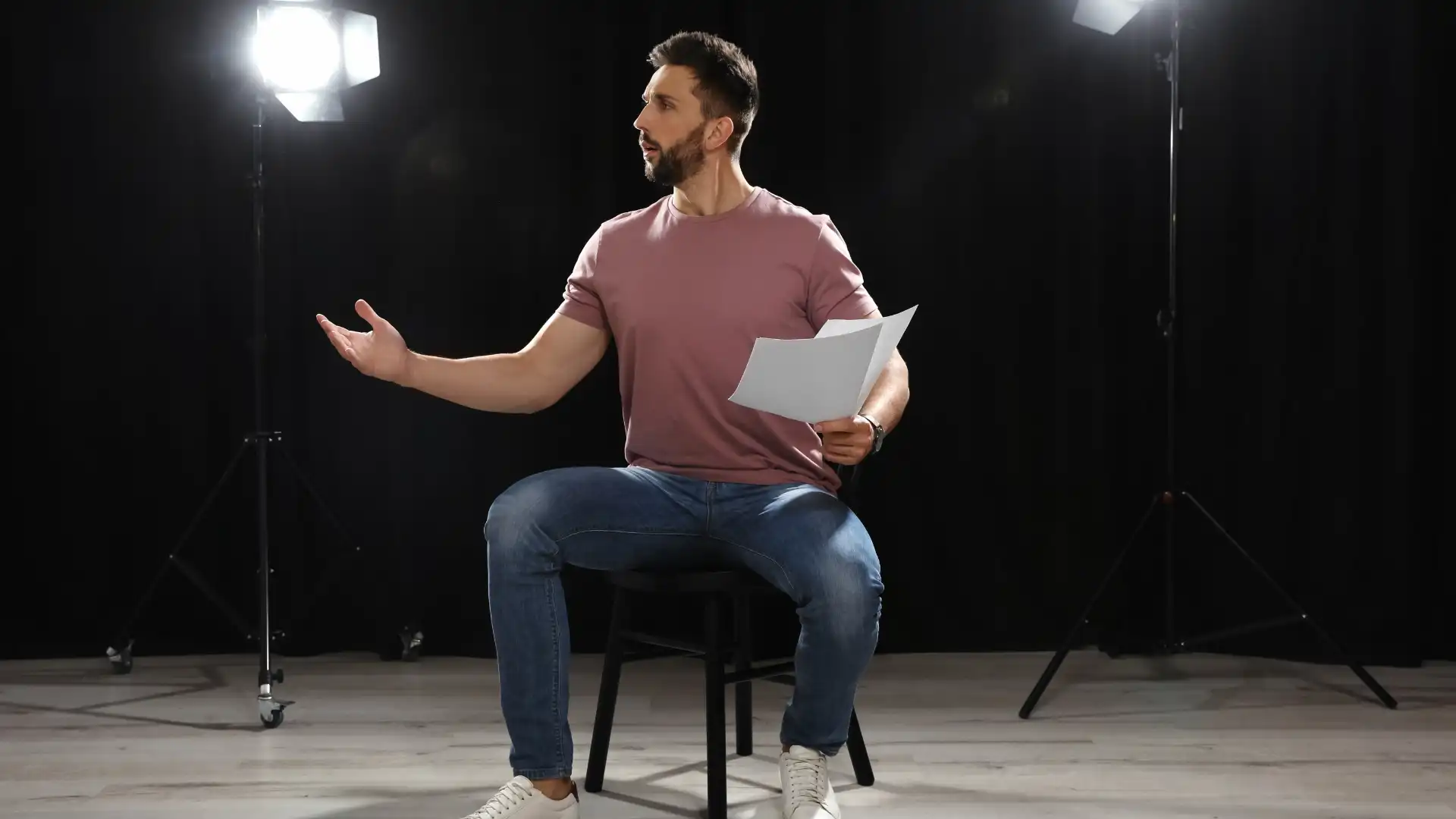Journalism plays a crucial role in disseminating information and shaping public opinion. Journalists are expected to maintain the highest standards of integrity, objectivity, and independence. However, conflicts of interest can pose significant challenges to these principles. In this comprehensive guide, we will explore the various types of conflicts of interest that journalists may encounter and provide practical tips on how to handle them effectively.
Understanding Conflicts of Interest in Journalism
Conflicts of interest arise when a journalist’s personal, financial, or professional interests interfere with their ability to report the news objectively and fairly. It’s important to recognize that conflicts of interest can undermine the credibility of both individual journalists and the media organizations they represent. By understanding the different types of conflicts of interest, journalists can take proactive steps to mitigate their impact.
Identifying Common Types of Conflicts of Interest
Conflicts of interest can manifest in several ways in the field of journalism. Some common examples include:
- Financial Conflicts: These occur when a journalist stands to gain financially from a particular story or has financial interests that could influence their reporting.
- Personal Relationships: Journalists may face conflicts of interest when they have personal relationships with individuals or organizations involved in a story.
- Political Affiliations: Bias can arise when a journalist has strong political affiliations that may cloud their objectivity.
- Professional Connections: Journalists who have professional connections with sources or subjects of a story may face conflicts of interest that compromise their impartiality.
Navigating Conflicts of Interest: Best Practices
Maintaining ethical standards is paramount. In this subsection on “Navigating Conflicts of Interest: Best Practices,” journalists are urged to prioritize transparency, uphold independence and objectivity, actively seek diverse perspectives, and engage in collaborative decision-making with editors and colleagues to safeguard the integrity and credibility of their reporting.
- Transparency is Key: Journalists should strive to be transparent about their potential conflicts of interest. Disclosing relevant information to their editors and audiences helps maintain trust and credibility.
- Independence and Objectivity: Journalists should prioritize their duty to report the truth and remain impartial, even in the face of conflicts of interest. It is essential to separate personal beliefs from professional responsibilities.
- Seek Multiple Perspectives: To counteract potential bias, journalists should actively seek out diverse perspectives on a story. This helps ensure a balanced and comprehensive representation of the subject matter.
- Consult with Editors and Colleagues: When faced with a potential conflict of interest, journalists should seek guidance from their editors or colleagues. Collaborative decision-making can help identify solutions and maintain journalistic integrity.
Ethics Guidelines and Codes of Conduct
Many media organizations and journalism associations have established ethics guidelines and codes of conduct to address conflicts of interest. Journalists should familiarize themselves with these principles and adhere to them diligently. For example, the Society of Professional Journalists (SPJ) provides a Code of Ethics that outlines best practices for journalists to follow.
The Role of Journalism Education
Journalism education plays a vital role in preparing aspiring journalists to navigate conflicts of interest effectively. Institutions like New York University (NYU) offer comprehensive programs, such as the Modern Journalism program, that equip students with the necessary skills and ethical frameworks to tackle conflicts of interest in their careers.
Conclusion
Handling conflicts of interest is an ongoing challenge for journalists. By understanding the various types of conflicts and implementing best practices, journalists can maintain their integrity and uphold the principles of responsible journalism. Aspiring journalists should prioritize their commitment to truth, transparency, and independence, ensuring that conflicts of interest do not compromise the essential role they play in society.
Key Takeaways:
- Conflicts of interest in journalism can undermine credibility and compromise objectivity. It’s crucial for journalists to be aware of the different types of conflicts they may encounter.
- Financial conflicts, personal relationships, political affiliations, and professional connections are common sources of conflicts of interest in journalism.
- Transparency is essential in handling conflicts of interest. Journalists should disclose relevant information to their editors and audiences to maintain trust and credibility.
- Independence and objectivity should be prioritized. Journalists must separate personal beliefs from professional responsibilities to ensure unbiased reporting.
- Seeking multiple perspectives and consulting with editors and colleagues helps journalists counteract potential bias and maintain journalistic integrity.
- Familiarizing oneself with ethics guidelines and codes of conduct provided by media organizations and journalism associations is crucial in navigating conflicts of interest.
Managing conflicts of interest is an ongoing challenge for journalists. By upholding the principles of truth, transparency, and independence, journalists can maintain their integrity and fulfill their crucial role in society. For aspiring journalists looking to further develop their skills and ethical frameworks, considering the NYU | Modern Journalism online course and certificate program can provide valuable insights and knowledge to tackle conflicts of interest effectively.







